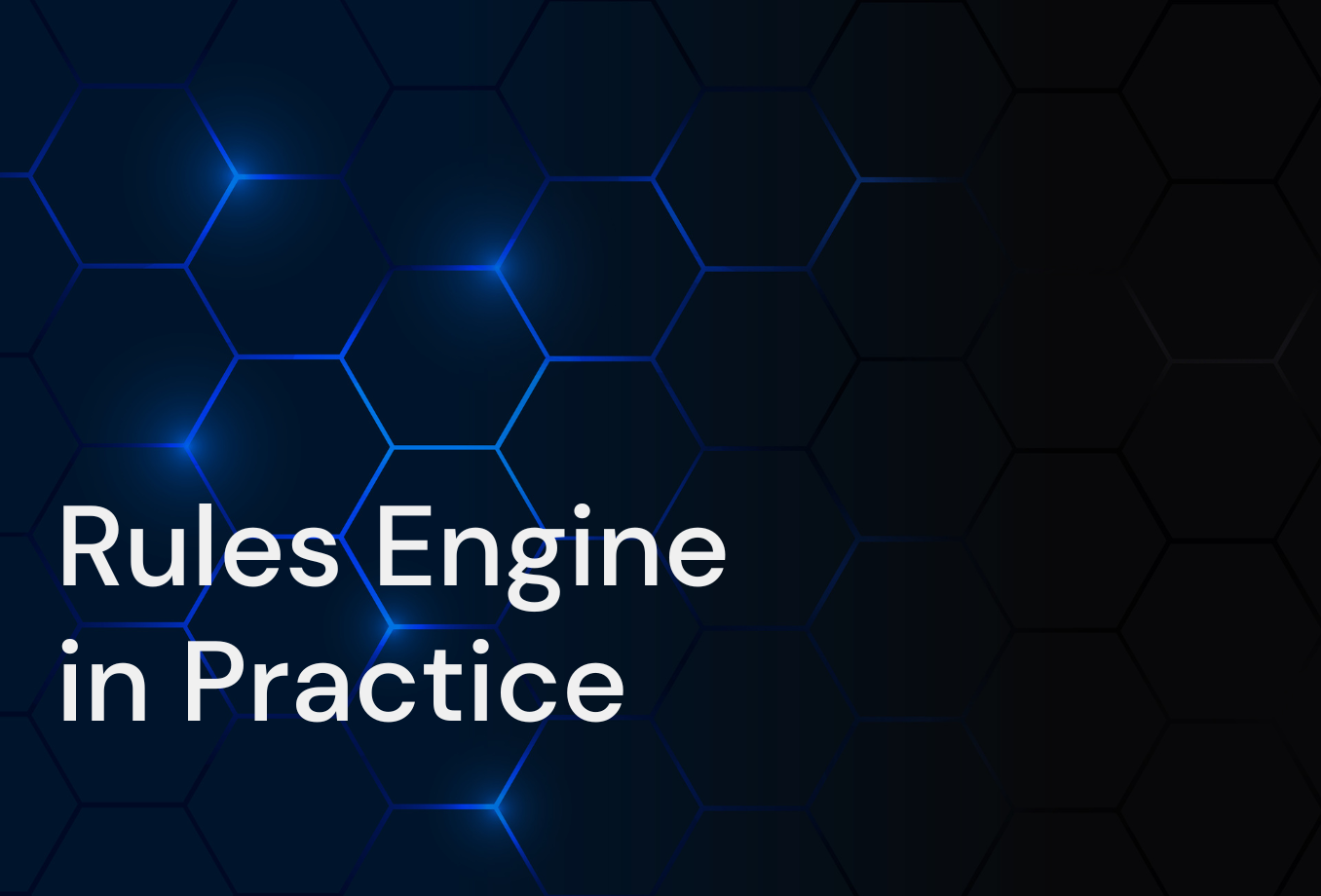The insurance industry is perceived as conservative and resistant to change, which is many insurance providers have approached digital transformation with hesitance.
Traditionally, the insurance industry has relied heavily on manual procedures, extensive paperwork, and a predilection for conventional approaches. As a result, the industry as a whole is facing pressure to undergo digital transformation in large part due to changing consumer expectations.
Consumers are tech-savvy and expect seamless, tailor-made experiences, which also includes insurance coverage.
Policyholders expect user-friendly online services, straightforward claims management processes, and easy access to policy data. To meet these expectations, insurance providers are moving towards to the digitization of their products and processes.
Moving From Protection to Prevention
Digital transformation also brings about a change in approach to coverage, from risk protection to risk prevention.
Health insurance companies are starting to provide their policyholders with wearable devices and portable monitors to encourage them to adopt healthier lifestyles.
Apart from the obvious health benefits, policyholders also enjoy discounts or rewards based on data collected from wearables that track physical activity, sleep patterns, and other health-related metrics. On the other hand, insurers lower their risks while providing services to an overlooked market.
Challenges to Digital Transformation in Insurance
While deploying digital technologies to streamline insurance operations is the best way to meet new customer expectations, nevertheless, carriers need to be careful how they use digital technology.
Regulatory Compliance
A critical component of the digital transformation in insurance process is the widespread use of data analytics to better understand policyholder needs and preferences, and to identify new revenue opportunities. Data analytics help insurers to better understand their policyholders which in turn can help them to offer custom-made insurance products.
However, a serious and constant challenge for insurance carriers is the ever-evolving regulatory landscape.
For instance, pricing insurance products with the help of data analytics could be perceived as discriminatory if certain groups of customers pay higher premiums based on their data profiles.
Therefore, insurers are often required to demonstrate that their pricing models are sound, non-discriminatory, and based on relevant risk factors.
Talent Deficit
Another major roadblock to a successful digital transformation is the lack of talent – a shortage of skilled professionals and the steep price that comes with finding and employing staff with the right skills is significantly slowing the pace of digital evolution.
The Engines of Digital Transformation in Insurance
Business rules engines lie at the heart of the insurance industry's digital transformation journey. These powerful software systems govern an organization's processes and decisions by running "if-then" conditional statements called business rules.
Business rules can express business objectives, regulations, underwriting requirements, and performance criteria, to just name a few.
Personalized Insurance Products
One of the hurdles that prevent insurance companies from meeting changing customer exceptions is that it requires days, and often weeks, to build new insurance policies or make changes to existing ones. This would obviously make it difficult for insurers to meet consumer requirements.
However, with the assistance of rules engines, insurers can offer highly personalized policies based on customer needs. By analyzing customer data and requirements, non-technical users can build and recommend appropriate coverage options, ensuring customers receive precisely what they need when they need it.
Telematics
Telematic devices collect data from customers' vehicles about individual driving habits. Business rules engines analyze this data in real-time, allowing insurers to offer personalized, usage-based auto insurance policies. For example, a rules engine can automatically adjust policy prices based on driving behaviors, such as speed or style of driving, allowing for the creation of more precise and fair insurance offers
Automated Underwriting
Typically, underwriting is labor-intensive that requires manual assessments of risk factors. The problem facing insurance carriers is the huge amount of applications that underwriters have to process, which prevents them from offering quotes in a timely manner.
Rules engines automate this process by evaluating applications against predefined business rules. This not only expedites underwriting but also reduces the likelihood of human error.
By incorporating data from various sources and applying predefined rules, rules-based underwriting automation has significantly reduced the time it takes to underwrite policies while maintaining accuracy.
If a potential policyholder meets all the stipulated requirements, then rules engine passes the application to a human underwriter for final approval. This enables underwriters to focus their attention on applications that require nuance human judgement.
Streamlined Claims Management
Claims processing is one of the most important touchpoints for policyholders. After all, it is when a covered event has occurred that policyholders rely on their insurers to step up and hold up their end of the bargain. Traditionally, filing claims was an onerous and time-draining procedure which involved a lot of back and forth correspondence between policyholders and carriers.
Luckily, customer service calls are a thing of the past for insurers that embrace digital transformation with business rules engines.
From reminders and supporting image or document upload requests, to the final reimbursement and closing, all aspects of the insurance claims process are handled digitally by business rules.
Rules engines streamline this process by automating claims assessment, ensuring claims are settled promptly and fairly.
Fraud Prevention
Insurance fraud is a grave threat that can be reduced with rules engines. Business rules engines can be configured to automatically spot suspicious patterns in claims data, which optimizes fraud prevention efforts.
Maintaining Compliance
Remaining compliant with constantly changing regulations is a continuous challenge for insurance companies. Rules engines can be configured to ensure that policies and processes align with the relevant regulatory requirements, thereby reducing the likelihood of fines and penalties.
Gaining a Competitive Advantage with Higson
Higson provides a clear overview of all the business rules that made the insurance software reach a certain decision. This means that users can transparently see how data is used for pricing and clear communication with policyholders can help mitigate concerns related to perceived discrimination.
Once the client application connects to Higson, users have a clear tree structure overview of their business logic. This allows non-technical business users to build new rules on the fly using simple decision tables or simple functions. Therefore, if any issue with non-compliance arises, insurers can instantly take measures to rectify the issue.
This is critically important since insurance companies are often expected to have mechanisms in place to address and rectify any unintentional biases in their algorithms as well as explain their decisions.
The Way Forward
Higson is a user-friendly business rules engine that allows non-technical subject-matter experts to create complex business logic, compliance rules, and pricing strategies seamlessly. Therefore, insurers are able to quickly adapt to regulatory changes, automate policy adherence, and optimize processes. This places Higson as a key player on this transformative journey that companies towards a more agile and customer-centric future.
Get in touch with us to see how Higson can help you to digitally transform your organization and set you up for success in the competitive insurance industry.

Take Full Control of Your Product Logic
We provide fee Proof Of Concept, so you can see how Higson can work with your individual business logic.



.png)

.png)
